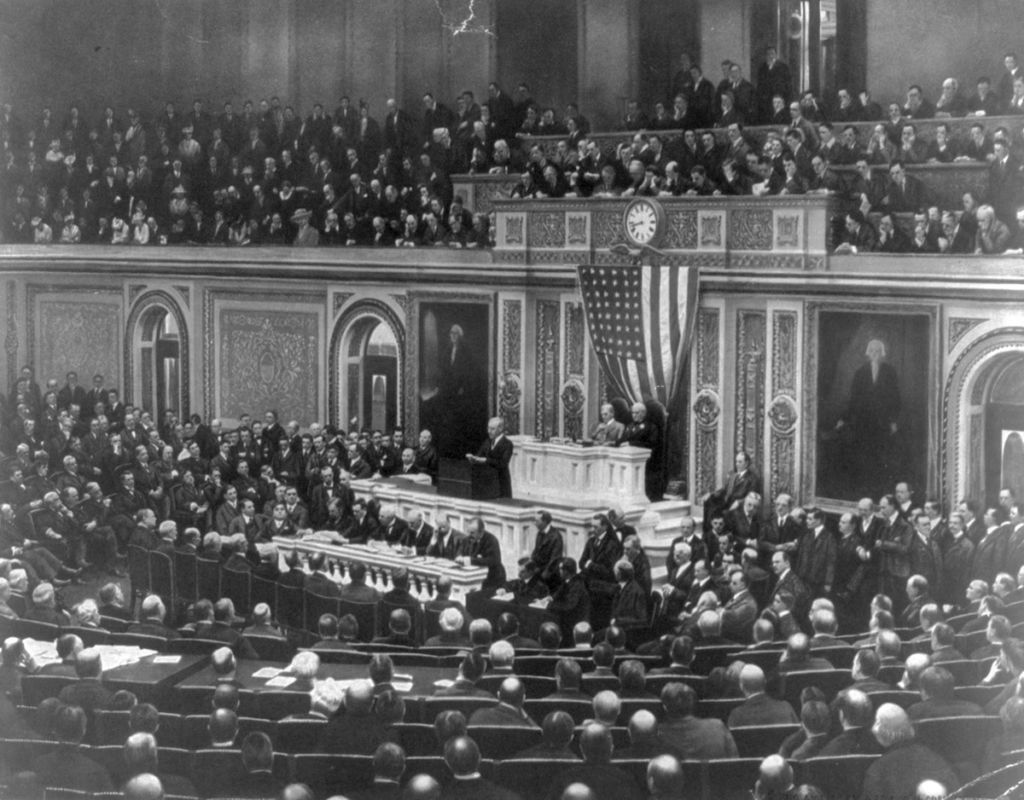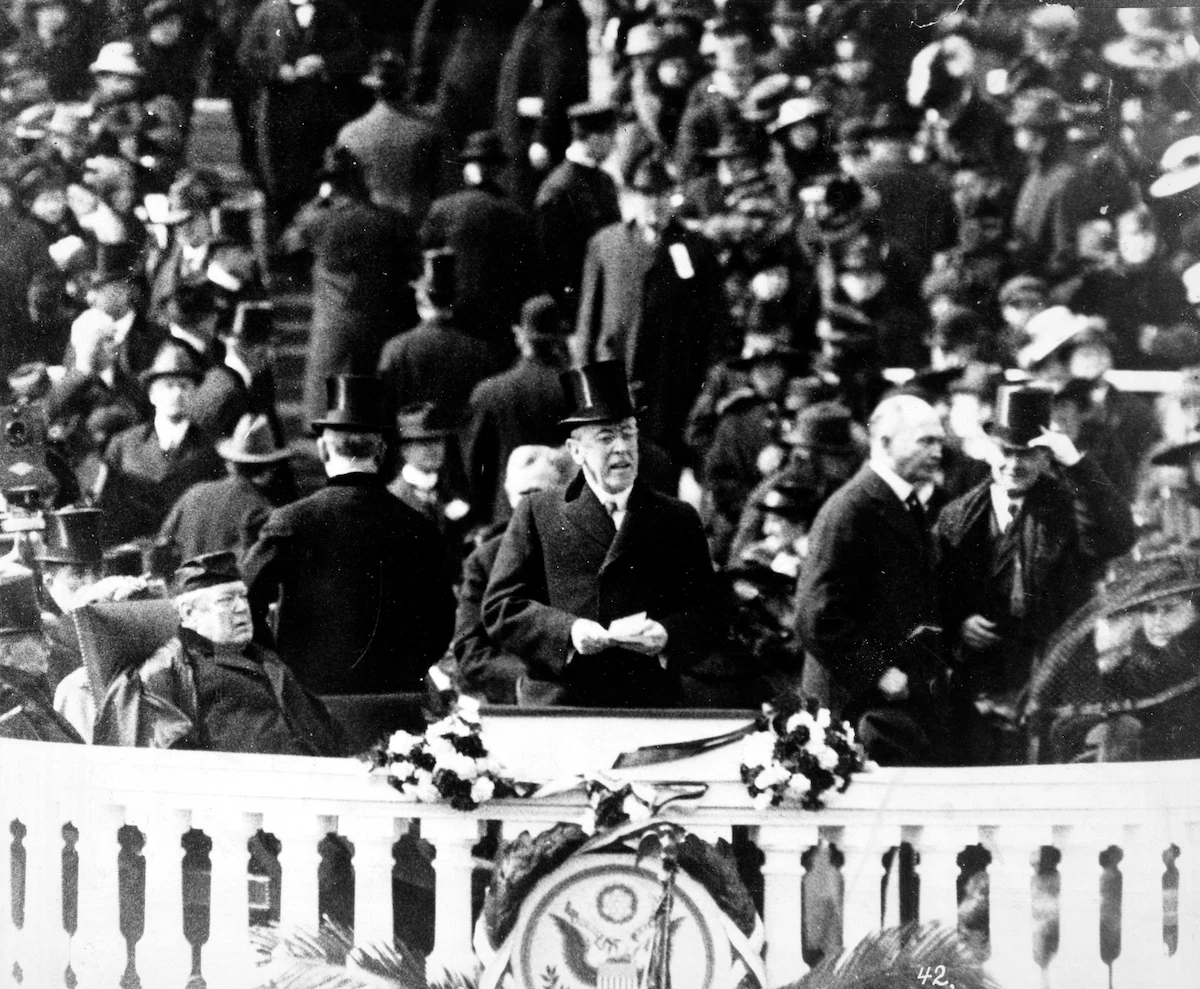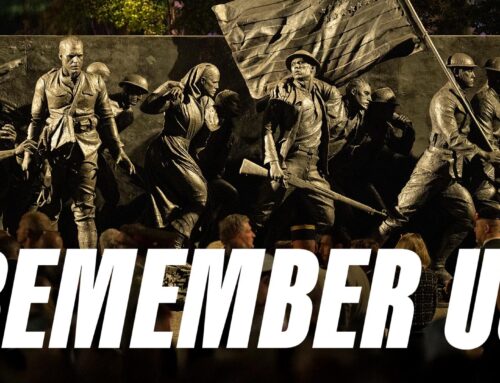During WWI, America lurched toward autocracy. Resistance was minimal.
Adam Hochschild is the author of “American Midnight: The Great War, a Violent Peace, and Democracy’s Forgotten Crisis.”
What was the Trumpiest period of American life before Donald Trump? And what might we learn from it?
It is easy to imagine that constitutional rights are under greater threat today than ever in the past. But history suggests otherwise. Although much of what happened during and after World War I is now long forgotten, Americans in those years saw the federal government act in ways that — so far — Trump can only dream of.
It shut down some 75 newspapers and magazines it found too critical and censored several hundred specific issues of others.
It threw into prison roughly a thousand Americans for a year or more — and a far larger number for shorter periods — solely for things they wrote or said.
And the Justice Department — now the center of so much perversion — chartered a nationwide vigilante group, the
American Protective League. Its 250,000 members seized, roughed up and detained suspected draft evaders, violently broke up peace demonstrations, and joined government agents in raiding left-wing and labor organizations.
Just over a century ago, a major war, fear of foreign subversion and an administration with little respect for civil liberties unleashed several years of the worst repression in the United States since the immediate aftermath of slavery. What is unfolding in the country today is different in many ways, but this earlier period holds lessons for us about how swiftly the government can take away basic freedoms — and about our need to be vigilant to be sure it doesn’t happen again.

President Woodrow Wilson asks Congress on April 2, 1917, to declare war on Germany. (Library of Congress Prints and Photographs Division)
Woodrow Wilson was in his second term as president from 1917 to 1921. We think of him as a progressive idealist, and in his passionate belief in the League of Nations he surely was. But after he persuaded Congress to declare war on Germany in April 1917, he was determined to silence the sizable minority of Americans who opposed the decision. He vigorously and successfully lobbied for the Espionage Act, a sweeping measure that had little to do with espionage and provided prison terms of up to 20 years for anyone who “shall willfully make or convey false reports or false statements with intent to interfere with the operation of the military or naval forces of the United States.” The following year, that legislation was toughened to make it criminal to provide “disloyal advice” about buying war bonds, or to “utter, print, write, or publish any disloyal, profane, scurrilous, or abusive language about the form of government of the United States.”
→ Read the entire article on the Washington Post website.
External Web Site Notice: This page contains information directly presented from an external source. The terms and conditions of this page may not be the same as those of this website. Click here to read the full disclaimer notice for external web sites. Thank you.





